This is the first in a series of pieces we’ll be running all month on Helen Macdonald’s Vesper Flights, the InsideHook Book Club pick for September. You sign up for our Book Club email to receive important updates, announcements and notifications here.
When twilight comes, flocks of tiny black birds called swifts ascend into the heavens to the extraordinary height of 10,000 feet. At that altitude they can orient themselves by the stars above and the ground below before falling into motionless sleep, their bodies adrift on the wind. These ascents are called vesper flights, derived from the Latin vesper for evening.
Vesper Flights is also the title of the poet, writer and naturalist Helen Macdonald’s latest essay collection, a book that, like swifts just before sleep, looks both to the sky and the land to help orient humanity’s place in the world.
This is Macdonald’s first book since H is for Hawk, her award-winning 2014 memoir about training a wild goshawk she named Mabel in the wake of her father’s sudden death. Mabel is long gone, but the writer still speaks of the hawk with something like reverence. “I saw in [Mabel] all the grief and wildness inside myself that I didn’t know how to tame,” she tells me during a Zoom call from her home in rural Suffolk, U.K. “I couldn’t tame any of that in myself but I could tame it in this bird.”
Today, Macdonald has a new bird companion, a green-winged parrot named Birdoole who can fit in the palm of her hand. She holds the bird up to her web camera and cautions that he may interrupt the interview. But Birdoole simply hops away and never makes a peep. Like Mabel, he is well trained.
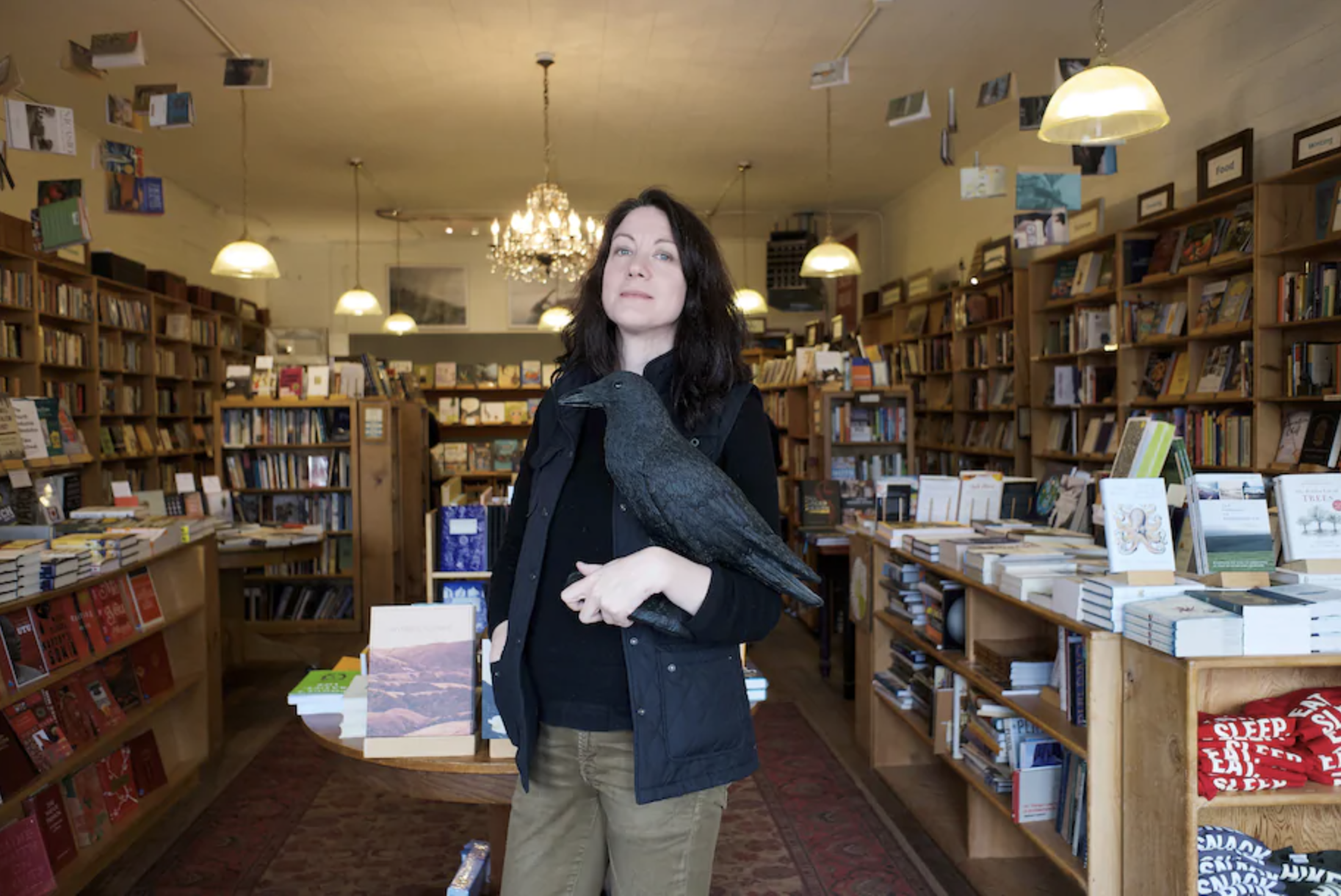
Macdonald has always loved birds. “I used to dream of them when I was tiny,” she tells me. She wonders if the love stems from an early loss: the death of her twin brother when both were very young. “Not to get too Psych 101,” she says, “but birds capture that feeling of things flying away, that something is always missing.”
She writes briefly about losing her brother and father in Vesper Flights, but the collection covers much more: her trip to Turkey to witness a total eclipse, her trek through the Chilean desert to find organisms that thrive in extreme environments. The essays (some of which were first published in The New York Times Magazine and The New Statesmen) connect the natural world to the human one. In “The Human Flock,” the writer stands on the shore of Hungary to watch a flock of cranes fly south to escape winter. The sight makes her think of Syrian refugees struggling to migrate north to flee civil war. The comparison is elegant and inspired, but also demonstrates great empathy — something, Macdonald tells me, that’s “in very short supply these days.”
So she turns to wild creatures to generate more. Gesturing at the kitchen behind her, she tells me that a spider has built a home over her stove. “I really should clean my house,” she says with a laugh, before turning serious again. She explains that if she actually swatted the spider down, she would destroy its impossibly small nest filled with spider eggs — a boon perhaps, for Macdonald, but a great loss for the eight-legged squatter. Instead of killing the creature, she studies it. When humans “look closely at an animal,” she tells me, “we ask what it sees. We remember that other beings have different needs and desires from us, that the world is not here just for us.”
The climate crisis and human-caused habitat destruction cast long shadows over the collection. As Macdonald writes in one essay: “During the sixth extinction we who may not have time to do anything else must write what we now can, to take stock.” What does she mean by taking stock? “A lot of nature writing now is about bearing witness,” she says, “not only to what we’re losing in the biological sense, but to the corrosive effect that loss of life has had on humanity.”
All this loss, she says, brings about grief — a feeling she knows well — and its weight is nearly paralyzing. “But to have any power in the world,” she continues, “you need to feel it, hold it within you, make it a part of who you are.” She’s quiet for a moment, and then: “We must make environmental grief a part of us because it’s ours in every sense. We made it happen.”
Such pointedness about humanity’s role in environmental degradation might suggest Macdonald is angry, but she doesn’t come across that way. Nor do her essays. “There are writers that are much angrier and more polemical than I am,” she says. “It’s important to be those things, but I’m not very good at them.”
She tells me she seeks to focus instead on the things she loves, because “no one will want to save something if they don’t love it,” and it’s hard to love something you know nothing about. Her essays are about cataloguing what’s still here. “I’m taking inventory,” she says.
Vesper Flights is also about self-discovery. In one standout essay, Macdonald visits the observation deck at the top of the Empire State Building to watch an enormous flock of birds migrating over the city. She writes that the spectacle is “almost too moving to bear.” Remembering that moment now, her speech adopts a lyrical cadence, as if only poetry can express the profundity of what she felt that night. “I looked into the darkness,” she tells me, “and saw these tiny, tiny shining little stars, little traces of fire, just thousands and thousands of birds being pulled north. It was one of the most emotional things I’ve ever experienced. My heart burned for them; they’re so frail and fragile and hidden.”
What did she take away from the experience? “I discovered a spiritual sense to my relationship with nature,” she answers. “Not religious, but spiritual.”In today’s parlance, vesper also means prayer. And Vesper Flights, in its multitude of subjects, often reads like a book of hours. But despite its range, it’s not impossible to summarize. This is a book as much about us as the natural world. Macdonald simplifies further: “In the end, I like to think it’s a book about hope.”
This article appeared in an InsideHook newsletter. Sign up for free to get more on travel, wellness, style, drinking, and culture.
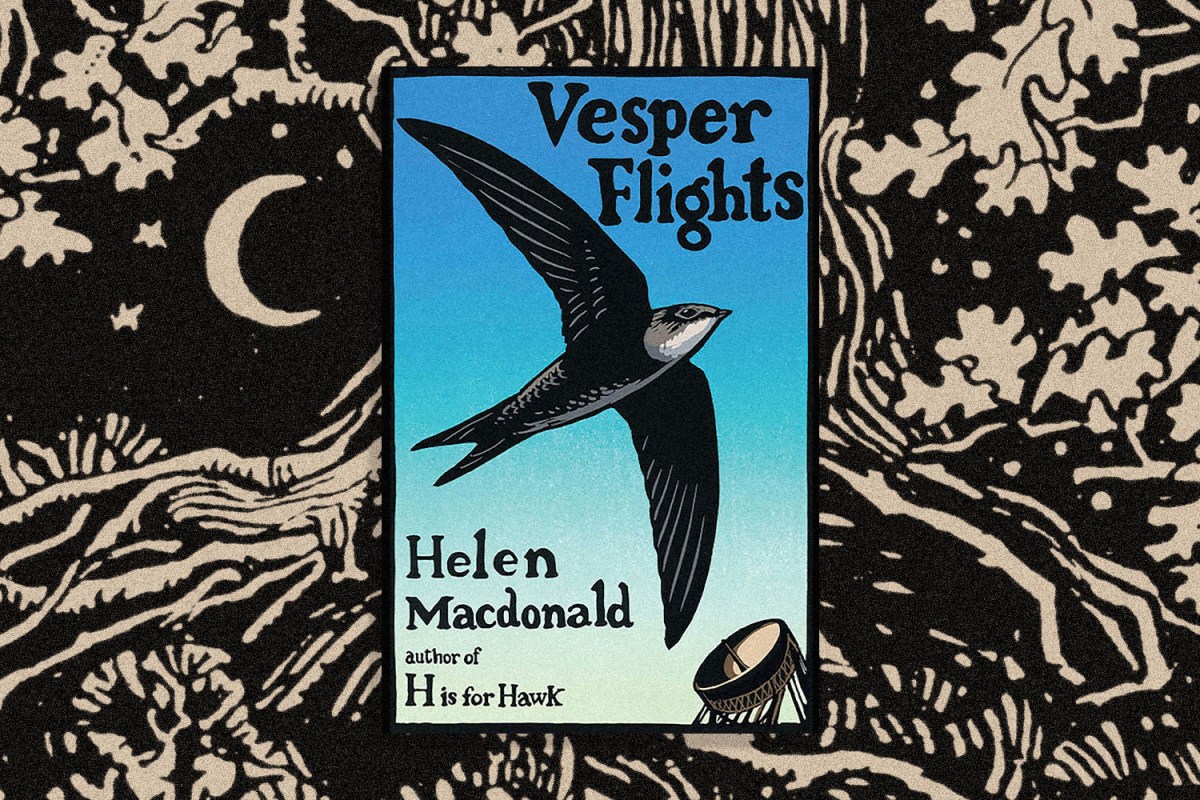
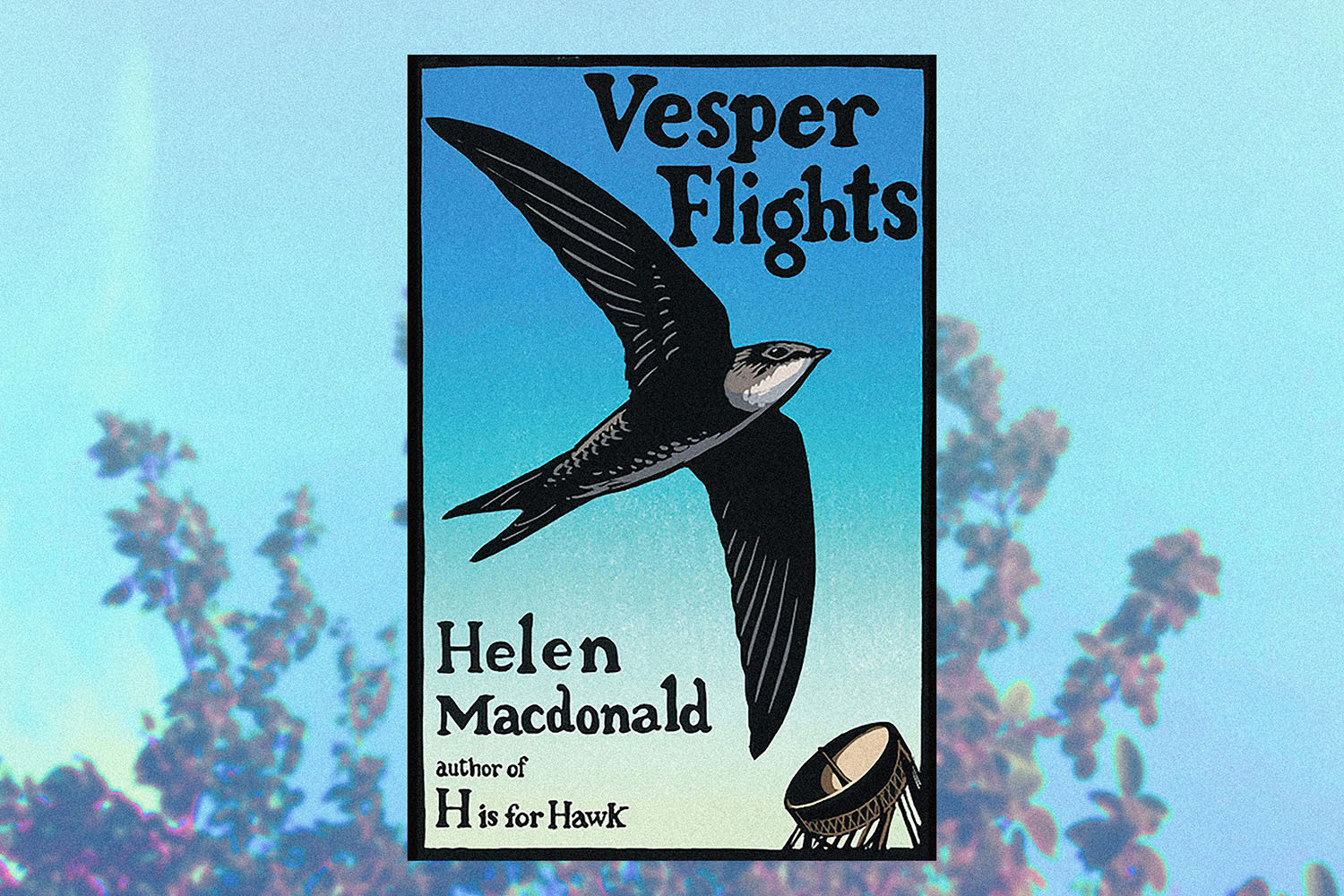
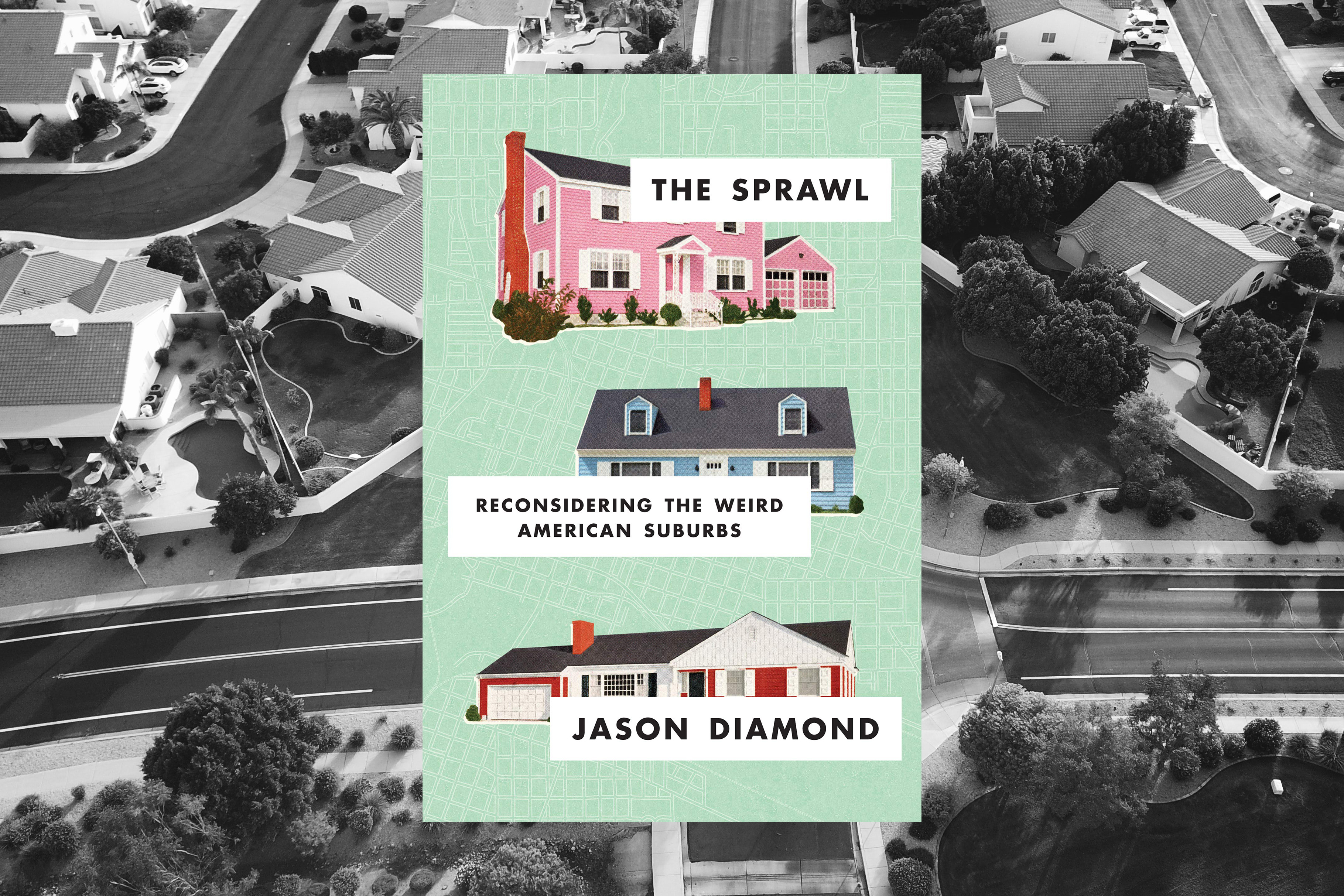
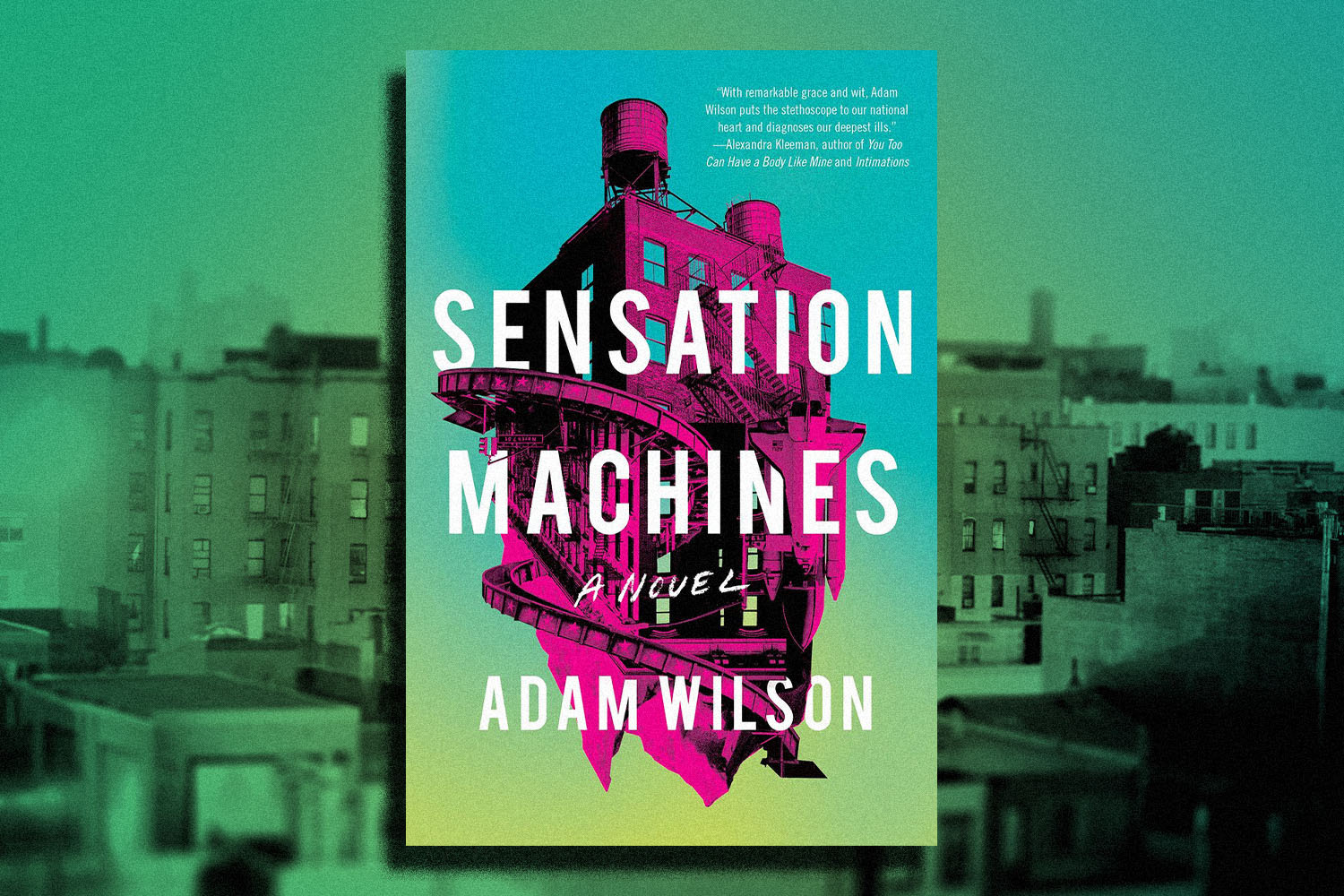
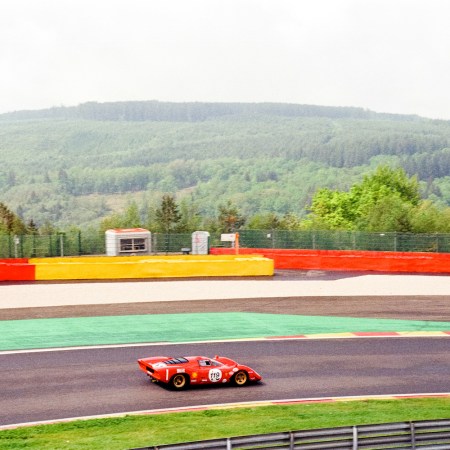

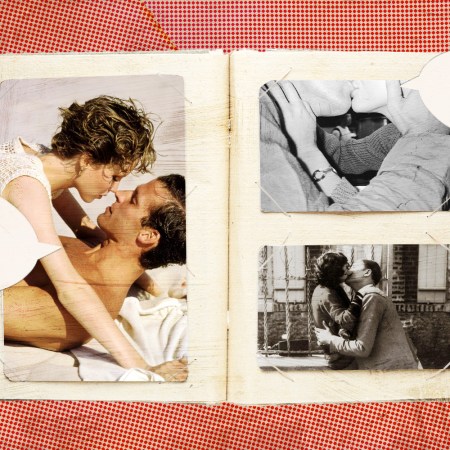
![Noah Wyle [third from left] with the season 2 cast of "The Pitt"](https://www.insidehook.com/wp-content/uploads/2026/01/the-pitt-season-2-schedule.jpg?resize=450%2C450)

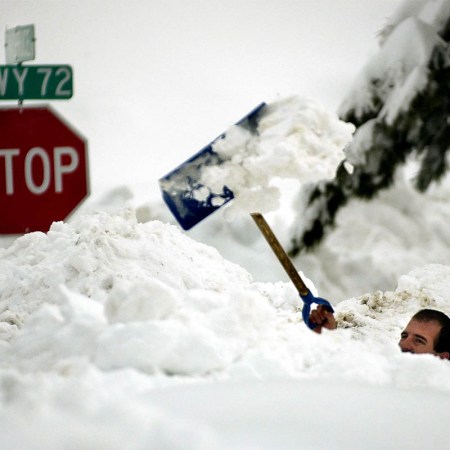
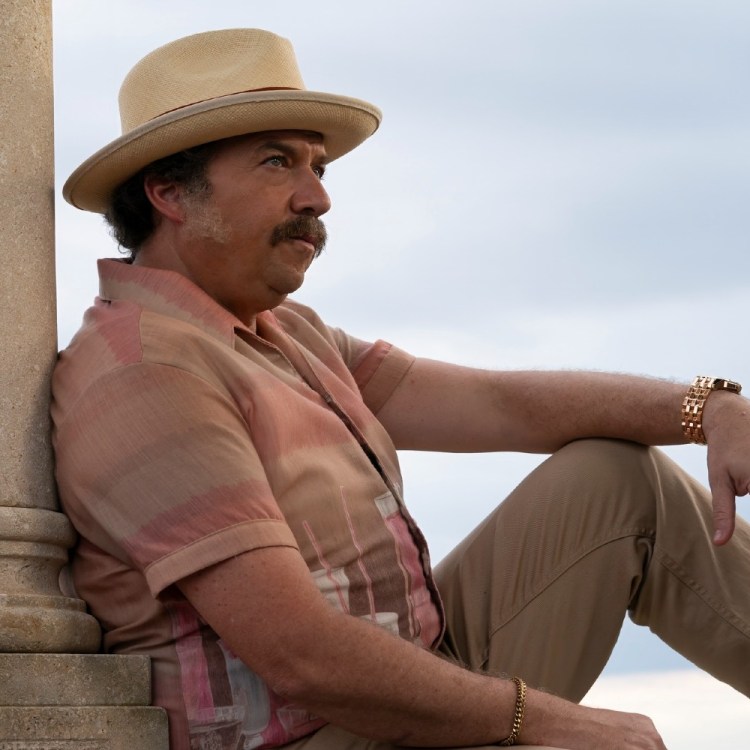
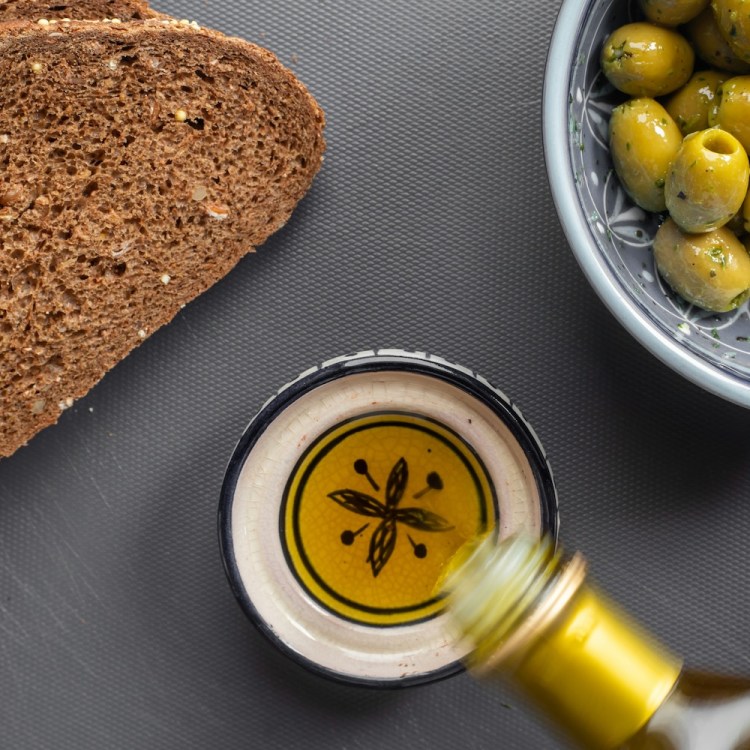
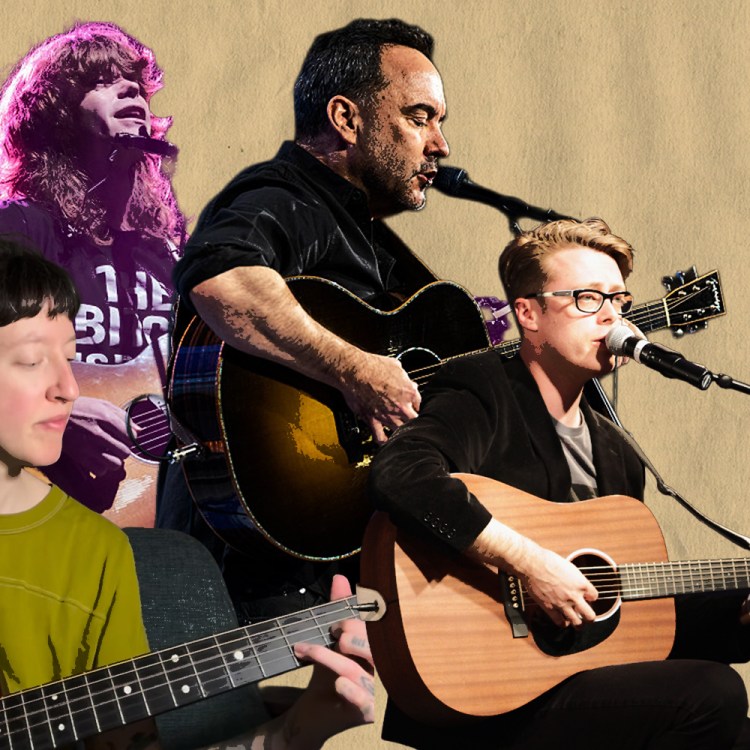
![Noah Wyle [third from left] with the season 2 cast of "The Pitt"](https://www.insidehook.com/wp-content/uploads/2026/01/the-pitt-season-2-schedule.jpg?resize=750%2C750)



